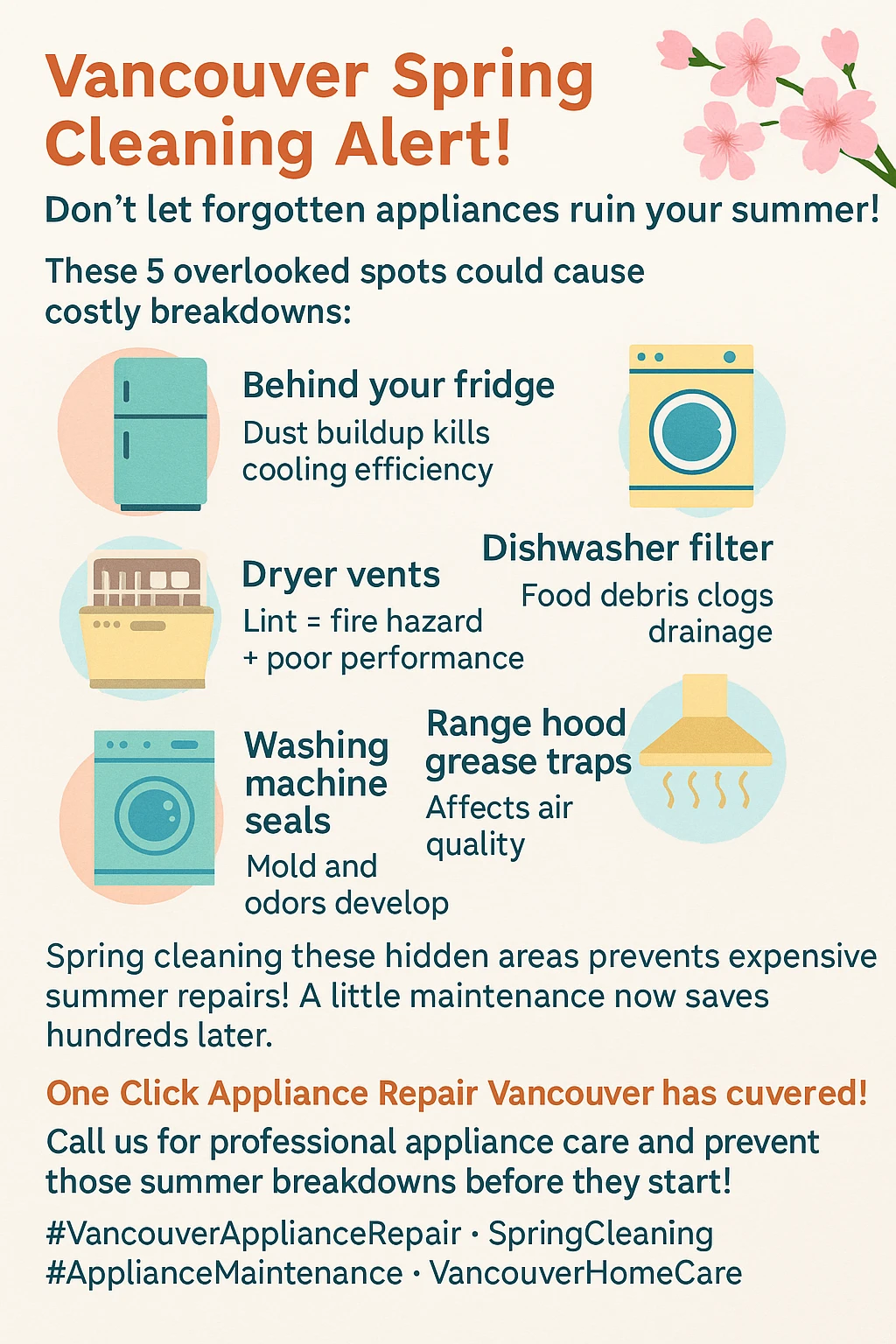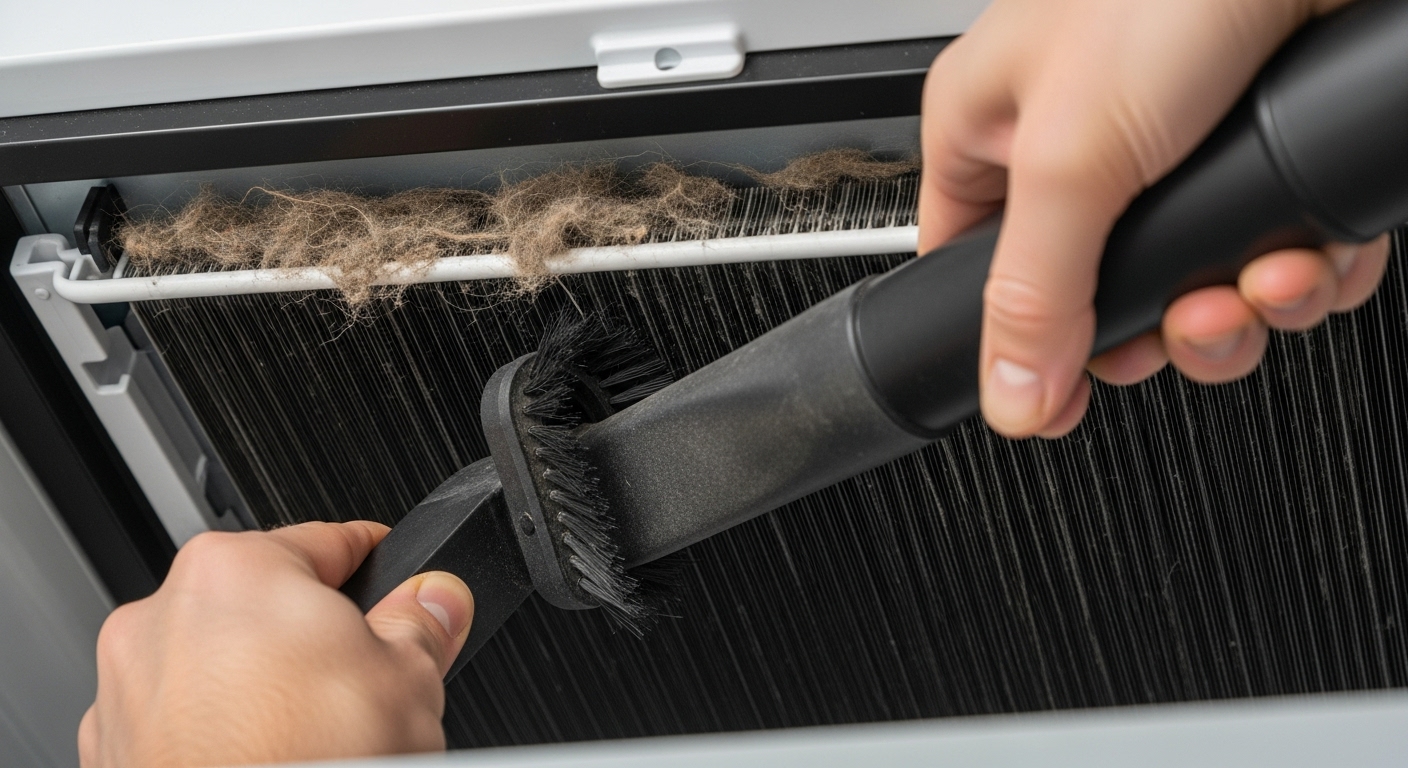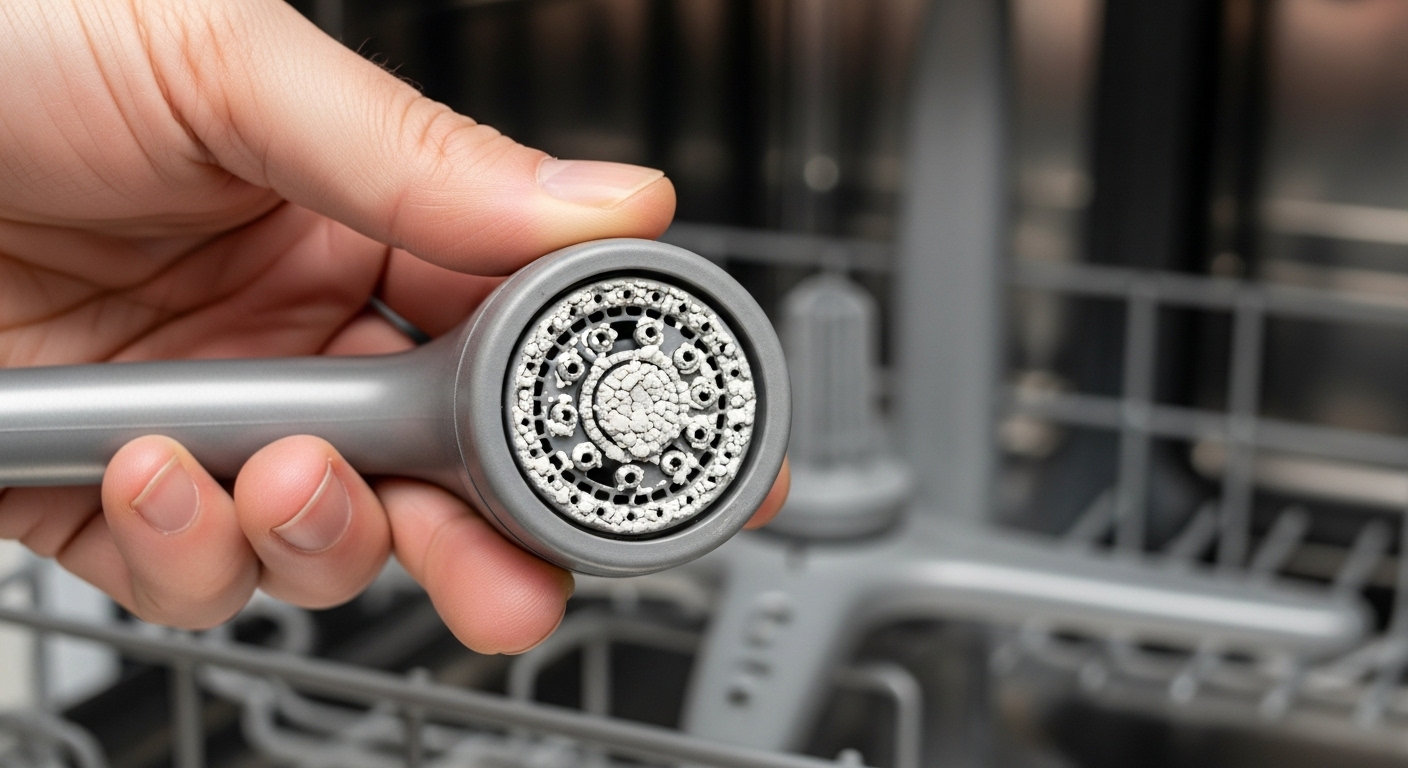Vancouver Spring Cleaning Alert: The 5 Appliances You’re Forgetting to Clean (That Could Break Down This Summer)
Wondering why your appliances always seem to fail during Vancouver’s hottest days? Spring cleaning isn’t just about decluttering – it’s about preventing costly summer breakdowns when repair technicians are swamped and charging premium rates.
As someone who learned this lesson the hard way after my dishwasher decided to flood the kitchen during last summer’s heat wave, I can tell you that spring appliance maintenance isn’t optional in our coastal city. Vancouver’s unique climate creates a perfect storm of challenges for our hardworking appliances. The constant freeze-thaw cycles throughout winter stress components that weren’t designed for daily temperature swings, while our infamous humidity seeps into places you’d never expect, corroding connections and promoting mold growth.

What makes Vancouver different from other Canadian cities? We experience those frustrating temperature swings that can reach 13 degrees in a single day, causing seals to crack and connections to loosen. Unlike the prairies where temperatures stay consistently cold, our appliances are constantly expanding and contracting. Add in the moisture from our wet winters, and you’ve got condensation forming in electrical panels, rust accelerating on metal components, and washing machines becoming petri dishes for bacteria.
The timing couldn’t be more crucial. Spring appliance maintenance can prevent 80% of summer breakdowns and extend appliance lifespan by up to 40%. When you consider that emergency repair calls during Vancouver’s busy summer months easily cost $300-500, compared to preventive maintenance requiring less than $50 in supplies, the math becomes pretty clear.
Key Outtakes:
- Spring appliance maintenance prevents 80% of summer breakdowns and extends lifespan by up to 40%
- Vancouver’s freeze-thaw cycles and humidity create unique appliance stresses requiring targeted cleaning
- Forgotten appliances like condenser coils and range hood filters are most likely to cause expensive summer failures
- Professional repair costs ($300-500) far exceed preventive maintenance expenses (under $50)
- Strategic spring cleaning timing avoids peak summer repair season when services are overbooked

Why Vancouver Appliances Need Special Attention
Living in Vancouver means dealing with appliance challenges that folks in Calgary or Toronto simply don’t face. Our coastal climate isn’t just about the rain – it’s about what that constant moisture does to the machines we depend on daily. While other cities deal with straightforward seasonal changes, we’re stuck with this weird middle ground where temperatures hover around freezing, creating condensation problems that wreak havoc on electrical components.
Think about what happens when you take a cold can of pop out of the fridge on a humid day. That same condensation forms inside your appliances when warm, steamy cooking air meets cold surfaces. The problem gets worse during winter months when we’re cranking up the heat while temperatures outside fluctuate wildly. This moisture infiltrates dishwasher control panels, washing machine drums, and even refrigerator compartments.
The water temperature factor adds another layer of complexity. Vancouver’s tap water drops from comfortable summer highs of 18°C to bone-chilling winter lows of 6-8°C. Your dishwasher has to work overtime heating that frigid water, your washing machine struggles to dissolve detergent properly, and your hot water heater cycles constantly to keep up. All this extra work accelerates wear and tear on heating elements, pumps, and motors.
Refrigerator Condenser Coils – The Hidden Energy Waster
Here’s the thing about refrigerator coils that nobody tells you – they’re basically giant lint traps that happen to be critical for keeping your food cold. After Vancouver’s dusty, pet-hair-filled winter months, these coils become so clogged that your fridge has to work 25% harder just to maintain normal temperatures. When summer hits and temperatures spike, that dirty coil becomes a recipe for complete system failure.

I discovered this personally when my electricity bill jumped $40 in one month, and I couldn’t figure out why. Turns out, my golden retriever’s undercoat had created what looked like a wool sweater around my refrigerator coils. The poor thing was running constantly, burning through electricity and wearing out the compressor. Professional recommendations suggest cleaning these coils every six to twelve months, but Vancouver pet owners need to check them more frequently.
Finding your coils requires a bit of detective work since different refrigerator models hide them in various locations. Older models typically have exposed coils on the back, while newer units hide them underneath behind a removable panel. Some fancy models have coils on top, accessible from the back. Once you locate them, the cleaning process involves unplugging the unit, removing any protective covers, and using a vacuum with a brush attachment to gently remove accumulated debris.
The vacuum technique requires some finesse – you want to pull debris away from the coils rather than pushing it deeper into the mechanism. A long-handled brush helps reach tight spaces, while a flashlight reveals hidden pockets of accumulation. After vacuuming, wipe down accessible surfaces with a damp cloth to remove any remaining dust. Don’t forget to clean the drip pan underneath if your model has one, as this often becomes a breeding ground for bacteria and unpleasant odors.
Professional maintenance goes beyond just the coils themselves. Check the condenser fan for obstructions, inspect door seals for cracks that allow warm air infiltration, and verify that your refrigerator sits level to ensure proper drainage. Temperature settings should be between 2°C and 3°C for the main compartment, with the freezer set between -15°C and -18°C for optimal efficiency and food safety.
Dishwasher Components – Vancouver’s Hard Water Enemy
Vancouver’s hard water turns dishwasher maintenance into a constant battle against mineral deposits, and spring cleaning becomes your annual declaration of war. Those white, chalky buildups aren’t just unsightly – they’re slowly strangling your dishwasher’s performance and setting you up for expensive summer breakdowns when you’re entertaining more and running extra loads.

The spray arms take the biggest beating from our mineral-rich water supply. These spinning components depend on dozens of tiny holes to distribute cleaning water effectively, but calcium and lime deposits gradually plug these openings until your dishes come out still dirty. Removing spray arms varies by model, but most simply lift out or require a quarter-turn twist. Once removed, use a thin wire or toothpick to clear individual holes while soaking the entire assembly in white vinegar to dissolve stubborn deposits.
Filter maintenance becomes even more critical in Vancouver’s environment where food particles combine with mineral deposits to create concrete-like blockages. Most dishwashers have filters located at the bottom of the tub that require monthly cleaning with warm, soapy water. Neglect this simple task and you’ll face reduced cleaning performance, unpleasant odors, and potential pump damage from debris circulation.
Door seals present unique challenges in our humid climate where mold and mildew thrive in dark, moist environments. These rubber gaskets trap food particles and soap scum, creating perfect breeding conditions for bacteria. Regular inspection should identify cracks or tears that allow water leaks, while cleaning with vinegar-water solutions eliminates biological growth. Pay special attention to the bottom seal where debris naturally settles.
Running monthly cleaning cycles becomes essential for Vancouver dishwashers dealing with hard water and high humidity. Empty the dishwasher completely, place a dishwasher-safe bowl filled with white vinegar on the top rack, and run a hot water cycle. Follow up with a second cycle using baking soda sprinkled on the bottom for additional deodorizing and mineral deposit removal. This two-step process eliminates buildup, neutralizes odors, and extends appliance lifespan significantly.
Washing Machine and Dryer Vents – Fire Prevention Priority
Vancouver’s humidity creates a perfect storm for washing machine problems, especially in front-loading models where moisture gets trapped and leads to that unmistakable musty smell that makes your clean clothes smell worse than when they went in. Spring cleaning becomes crucial for preventing mold growth and maintaining the sanitary conditions your family deserves.
Front-loading washing machines deserve special attention because



